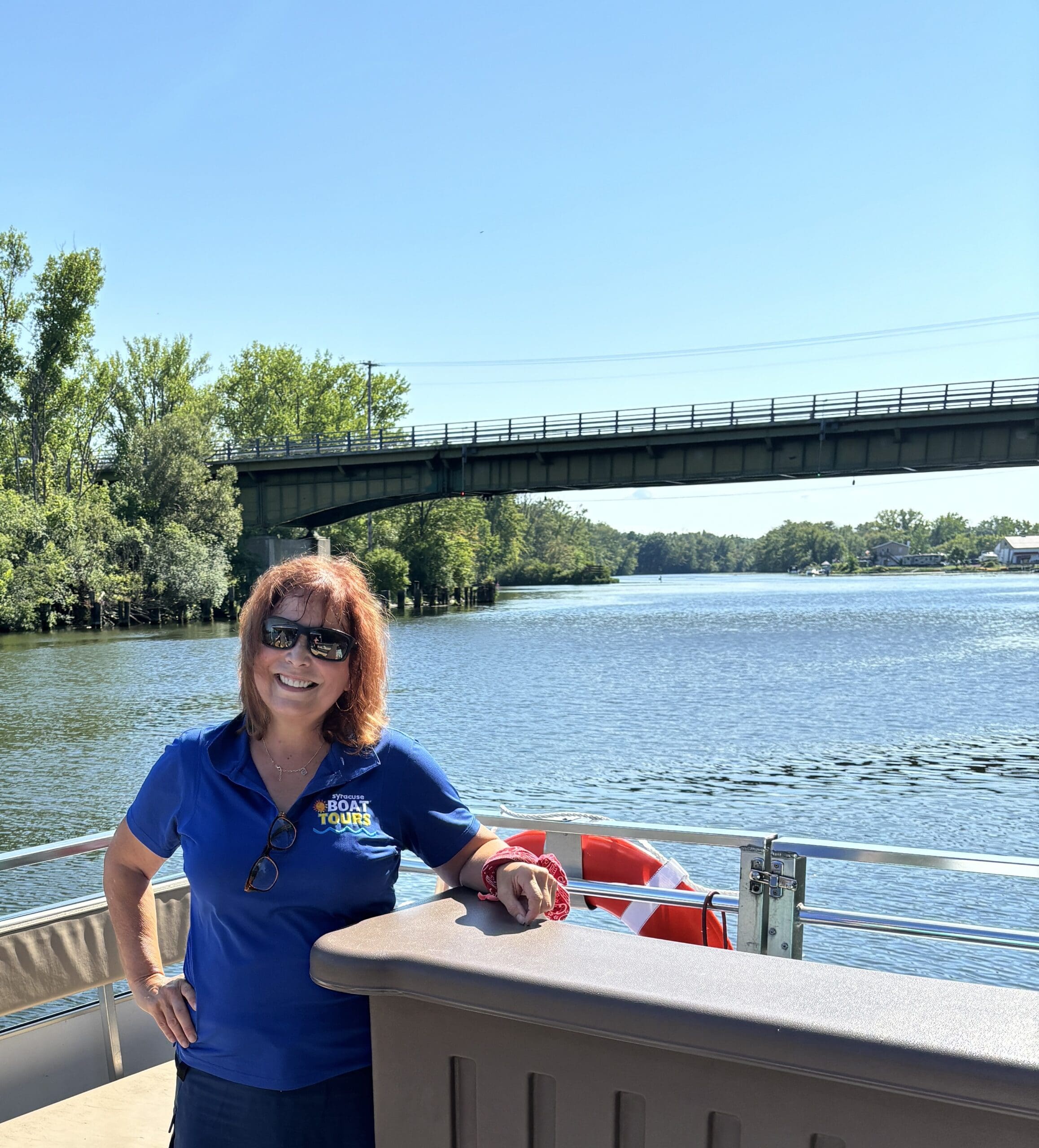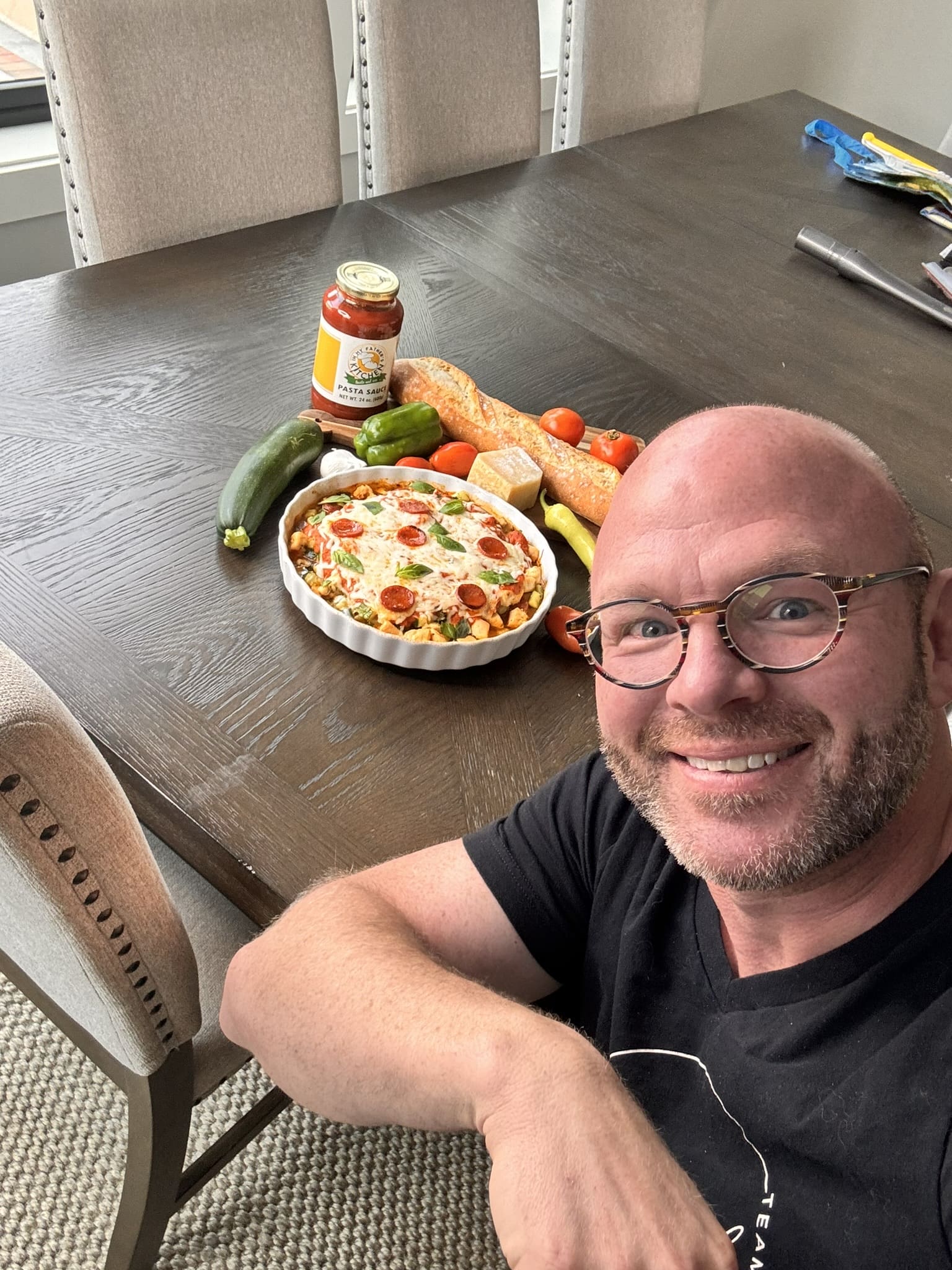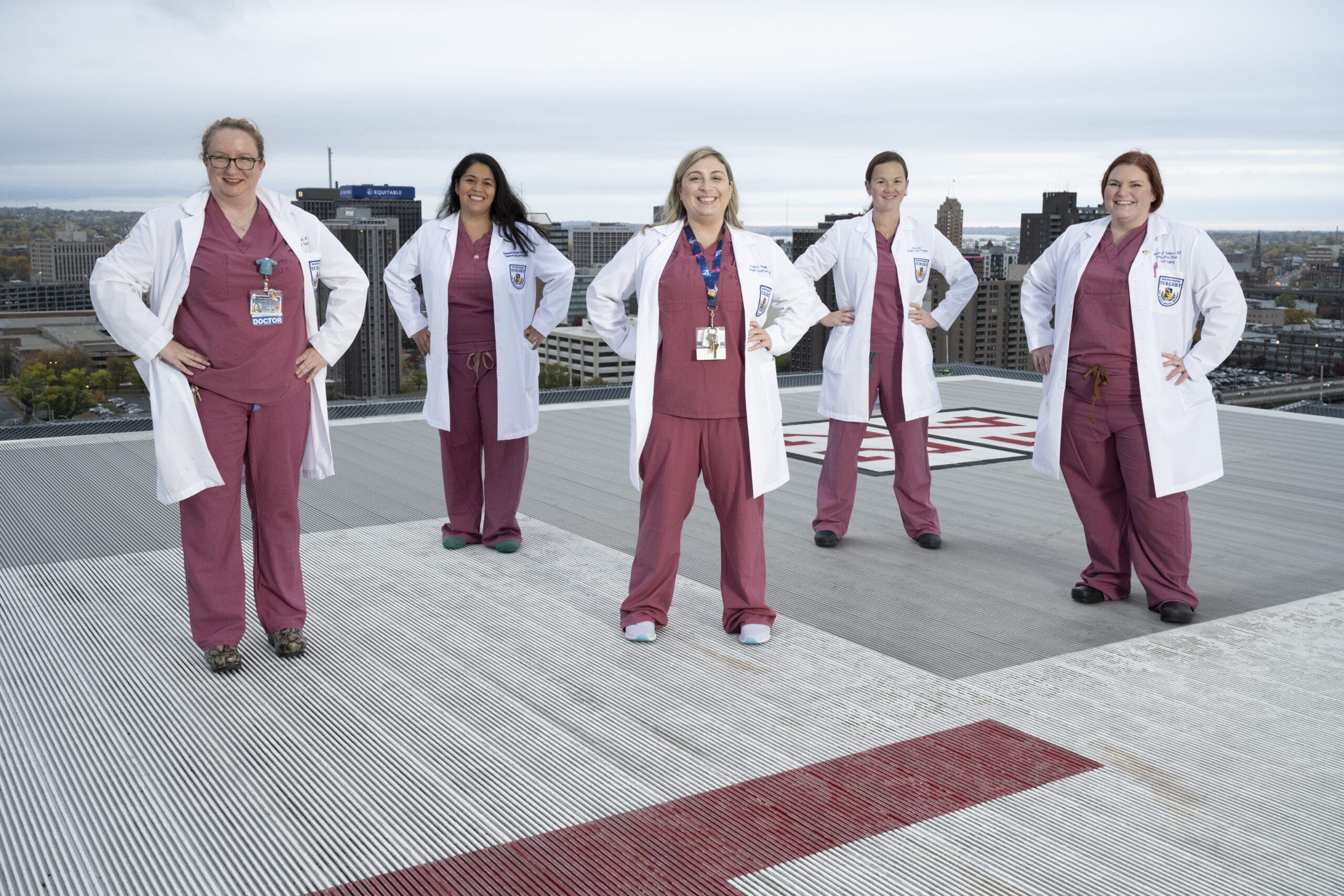Fighting Racism with Education
By Lorna Oppedisano | Photography by Alice G. Patterson
When YWCA executive director Fanny Patricia Villarreal Torres moved from her home country of Peru to the United States, she arrived with a sealed envelope from the U.S. Embassy in Peru.
Upon arrival, she handed the envelope to the customs officer. Remaining stone-faced, he looked through its contents. A few minutes later — what felt like an eternity to Fanny — he stamped the papers, and told her, “Your name is Fanny P. Villarreal.”
Without any questions or discussion, he’d shortened her name, changing her identity.
Earlier this summer, Fanny shared this anecdote during a group discussion she led about racism. When she received the invite, she started to think about the topic. People read about racism quite often, she thought to herself. It’s a subject present in the media on a daily basis.
“But I think it’s more powerful when you actually tell your own story,” Fanny said.
Finding community
Fanny moved to Syracuse when she was 25. It wasn’t something she initially planned, but looking back now at age 52, “God has his own ways to do different things,” she said.
Once she realized she wanted to stay in the area for good, Fanny set out to find a job. Though she’d earned a law degree in Peru, she wanted a job that would give her an opportunity to improve her English and familiarize herself with her new home. While she’d learned English growing up, Fanny was surprised to find the English spoken in the States was slightly different than what she knew.
“My ears needed to get accustomed to the way we speak here,” she said. “I could understand, but I was afraid to talk. So, I didn’t talk.”
Fanny got a job as a cashier at Nojaim Brothers Supermarket on Syracuse’s west side. Finding herself building connections with other Spanish-speaking people at the new job, she quickly realized she could help them.
“I learned that there were a lot of people who needed a lot of education and a lot of support,” she said. “So, I learned, myself, how to help them.”
Fanny became a social worker of sorts for her coworkers. She quickly worked her way from cashier to manager.
Her boss, Paul Nojaim, noticed her passion for helping the Latino community. One day, he told her, “You have a lot to offer to your own community, so I got you an interview at Catholic Charities.”
Fanny was surprised — and initially not excited — about the prospect of a new job. She didn’t want to leave the community she’d built through her position at Nojaim. But Paul saw potential for Fanny to be of value at Catholic Charities. He urged her to take the interview.
She did and was offered the job on the spot.
Returning to Nojaim after the successful interview, Fanny was upset she’d have to leave the job she’d grown to love. Paul offered an alternative: she could work at Catholic Charities during the day and keep her position at Nojaim in the evening.
She accepted his offer. Along with working the two jobs, Fanny also took classes to improve her English.
“It was a lot of things I did in order to help my community and better myself,” she said.
A mission of education
When Fanny first moved to Syracuse, people warned her to watch out for racism. Though she didn’t encounter any racism while working at Nojaim, her fellow employees told her she would undoubtedly have to deal with it eventually and would have to be strong.
After beginning to work for Catholic Charities, Fanny moved out of the city and to Chittenango.
When she went to church, she could feel everyone’s eyes on her. At first, she didn’t understand why, but began looking around. Soon, she realized everyone else was the same except her, she remembered.
“That’s when I understood what everybody was saying to me [about racism],” Fanny said.
Then, she began to notice a pattern.
At the grocery store near her home, employees followed her around the store until she confronted them. Not wanting to get into an argument, she told them, “I’m not buying anything in this store,” and left. She drove from Chittenango to Syracuse, taking her business to Nojaim.
While she was shopping for new clothes, Fanny noticed people talking about her. She realized they were suspicious she might steal something, when she was simply trying on clothes.
“And all these things that happened to me, I can assure you they happened to everybody else,” she said.
Rather than internalize the way she was being treated and let it fester into anger and resentment, Fanny made it her mission to teach Central New Yorkers about Latino culture.
“I think education is very important — all kinds of education,” she said, explaining that education about different cultures and traditions is equally important to an academic education.
Fanny created Nosotros Radio, a not-for-profit dedicated to bridging the gap between the Latino and Central New York communities. She’s celebrating 25 years of Nosotros Radio this year.
“That’s my first baby,” she said with a laugh.
Fanny co-founded the Aurelia Crespo and Carlos Lavezzari Latino Americano Scholarship Fund, administered by the Central New York Community Foundation. She also co-founded the Syracuse Latino festival, creating another avenue of education for the public. This year’s festival is planned for Aug. 11 in Clinton Square.
In 1998, Fanny became the executive director of the Spanish Action League, continuing her role as educator and connector in that position.
While she realizes no one person can change the entire world, Fanny stressed the importance of making an impact on your space in it.
“What I can do is, I can change and educate people who are around me,” she said, adding she strives to affect everyone from her two children to her coworkers to her community. “That’s where I live. That’s where I care. We all could do that.”
In her efforts to educate people, one of the most important and impactful tools Fanny utilizes is open and honest conversation.
Everyone — herself included — makes assumptions and preconceived notions, she explained. When those ideas aren’t questioned and explored, they can lead to prejudice, which, in turn, can lead to racist thoughts and actions, Fanny said.
Letting yourself be vulnerable with open conversation can put a stop to the cycle, she explained.
“When your conversations make you feel uncomfortable of the topic, that’s when you actually are opening up,” she said. “That’s when you are like, ‘Oh, wait a minute, I feel uncomfortable because one time, I thought about this, and I was wrong.’ That’s when you open up your mind — your heart — to listen to the other person.”
Leading the YWCA
After the Spanish Action League, Fanny worked as the family and community development director at P.E.A.C.E., Inc. Then, about six years ago, she accepted the position of executive director at the YWCA.
The organization’s mission — “eliminating racism, empowering women and promoting peace, justice, freedom and dignity for all” — fit perfectly with her own mission and the work she’d accomplished so far in Central New York.
Now, each day of work is different — from managing finances to programming to reports and more — but they all have one thing in common: collaboration with her passionate staff. Every member of the YWCA staff has the mission at heart, she explained.
“If you don’t believe in the mission, if you don’t breathe the mission, if you don’t think on the mission, then it’s not worth it,” she said.
She added that the YWCA staff are excited to wake up and go to work each morning.
“That shows,” she said. “And when you’re working with people, it’s very important that you provide this love, this positive message, this great energy.”
The nonprofit offers programming for both girls and women, all centered around education in some way, Fanny said.
The programs for girls range from the Girls Inc. program, aimed at helping girls ages 5 to 18 become smart, strong and bold, to STYA, also known as Successful Transition from Youth to Adolescents. Fanny and her team collaborate with a number of local organizations, including Upstate Medical University, REACH CNY, the Syracuse City School District, Syracuse University and National Grid.
The YWCA also offers a women’s residence program. They provide both temporary and permanent housing to 55 homeless women — some with children, some single — with the aim of helping them get back on their feet and be successful.
Once the YWCA staff members ensure the women are ready and willing to make changes in their lives, the women are accepted into the program and assigned case managers. The case managers then work hand-in-hand with the women to establish goals and make plans to achieve those goals.
“It’s amazing,” Fanny said.
Choosing happiness
America really is the land of opportunities, Fanny said.
“You know why? If you really want to do something here, you can do it,” she said.
For Fanny, that includes creating a Latino radio program and festival, owning her own home, establishing and growing a successful career and raising a family.
“My kids are my world,” she said with a smile.
She emphasized the importance of one particular goal: making a conscious decision to be happy. Years ago, when she moved to Syracuse, Fanny made that decision herself. Every time she helps and educates another person — from her sons to community members to staff members — she reinforces her choice.
“If you wait to have a car to be happy, if you wait to have a husband to be happy, if you wait to have money to be happy — whatever it is that you might think — you’re never going to be happy,” Fanny said. “You’re always going to look for something else to complete whatever it is that you’re thinking. It’s an individual decision.” SWM
For more information on the YWCA, visit ywca-syracuse.org. Connect on Facebook at facebook.com/ywcasyracuse.








You must be logged in to post a comment.